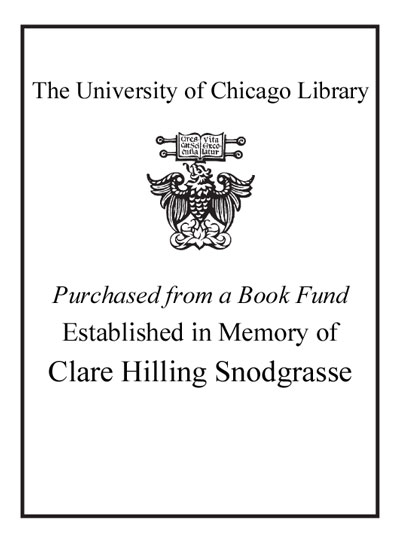Review by Choice Review
Buccola begins with the intriguing premise that an understanding of fairy lore will provide insight into early modern drama. Unfortunately, the idea does not lead her very far, primarily because she does not find much in the way of drama that actually focuses on fairies. A Midsummer Night's Dream does, and students may benefit from her survey of the different types of Elizabethan fairies. Buccola discusses two plays in which humans briefly pretend to be fairies--The Merry Wives of Windsor and The Alchemist--and ends with a discussion of two plays that, as she acknowledges, have no fairies at all: All's Well That Ends Well and Cymbeline. Although the parallels she sees with fairy lore may be interesting, they are often tenuous (e.g., in Cymbeline, Imogen falls asleep at midnight, which is the witching hour). Buccola's survey of beliefs about fairies, including their associations with women and Catholicism, may be helpful to some, but the discussions of Shakespeare are rather wooden and include much plot summary. ^BSumming Up: Optional. Comprehensive collections; all levels. B. E. Brandt South Dakota State University
Copyright American Library Association, used with permission.
Review by Choice Review

